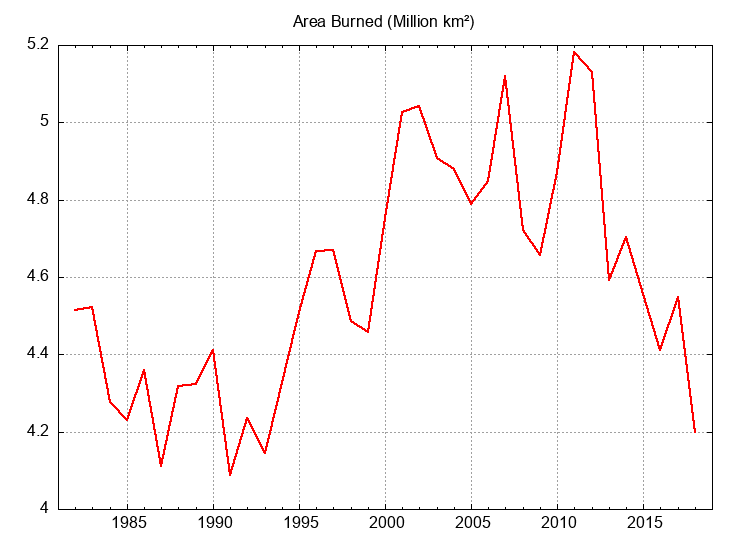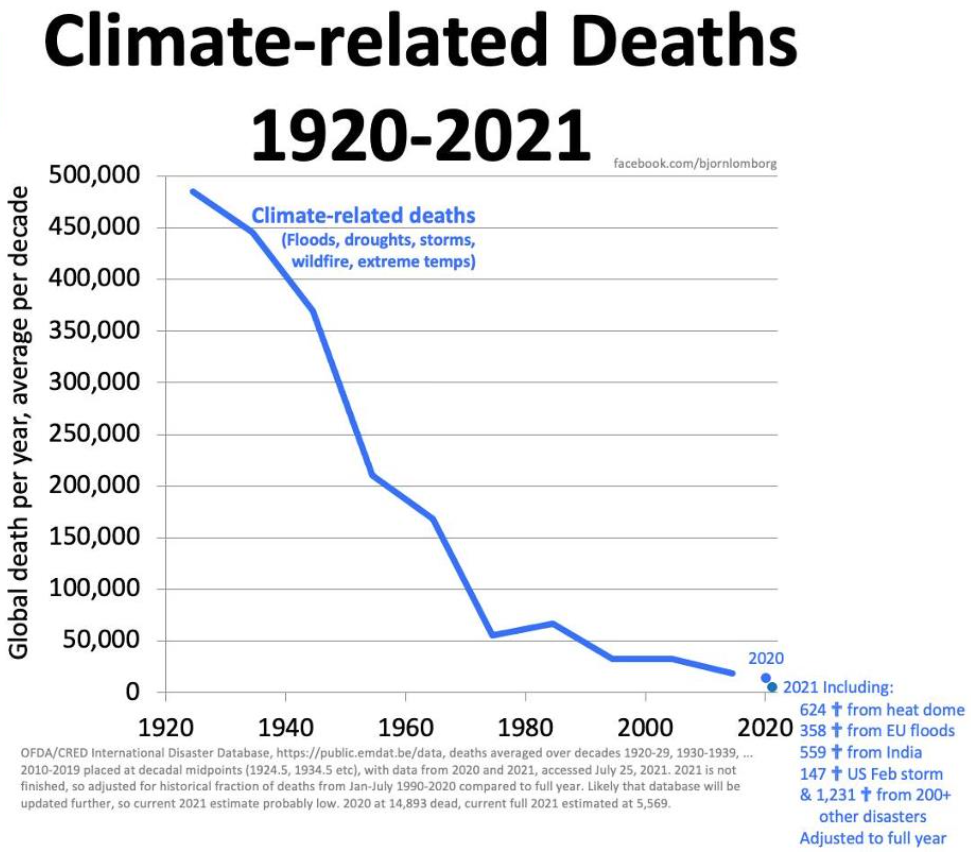The Associated Press (AP) published an article about recent warnings from Germany’s disease control agency which claimed that global warming would increase the risk of illnesses and threaten human health. These claims are not substantiated by historical evidence, or existing data on the spread of disease.
The AP story, “Government body warns of increased health threats from climate change in Germany,” describes an overview of three reports released by Germany’s Robert Koch Institute. The organization said that Germans face a combination of threats to their health caused by the warming from climate change.
Among those alleged threats is a potential increase in “lung diseases from forest fires and agricultural dust,” and “skin cancer due to increased ultraviolet radiation as Germany experiences longer periods of cloud-free weather.”
The argument that there will be more “agricultural dust” and wildfires likely comes from the belief that drought will become more common in Germany as warming continues. However, as explained in Climate at a Glance: Drought, the United Nations Intergovernmental Panel on Climate Change asserts with high confidence that precipitation has increased over the mid-latitudes of the Northern Hemisphere, which certainly includes Germany.
While data on German wildfires is not as accessible as United States data, comparing the very active 2022 wildfire season in Germany and the most recent data available at Statista to historical data from the 1940s through the 1990s does not indicate any unusual or increasing trend.
“Agricultural dust” aside, wildfires are not even becoming worse worldwide either, according to the European Space Agency’s wildfire area burned data. (See figure below)

Data from NASA also confirm a significant downward trend in wildfires globally, even as carbon dioxide emissions have continued increasing and the Earth has modestly warmed.
The exact impact that modest warming has on cloud cover, or if cloud cover itself may increase OR decrease warming, has not been sorted out definitively, and definitely has not been replicated accurately in climate models. Some studies suggest that there has been a decrease in average yearly cloud cover in some areas over the past few decades, however skin cancer rates may have more to do with lifestyle choices than environmental changes. The Skin Cancer Foundation says that other risk factors for skin cancer also include indoor tanning using tanning beds and genetics.
The next set of claims had to do with vector-borne illnesses, especially from specific invasive ticks that carry typhus “as well as Asian tiger mosquitoes that can spread dengue, yellow fever and Zika virus, are migrating to new regions that were previously too cold for the species.”
While AP and the Robert Koch Institute specify certain tick species and mosquitos, other species of ticks and mosquitoes can and do also carry those illnesses. As Climate Realism has shown, here, here, and here, these kinds of insect diseases are mistakenly assumed to be exclusive to equatorial regions or hotter climates. In fact, diseases like malaria have been endemic in Europe for hundreds if not thousands of years. Their spread significantly predates any alleged human-caused warming.
Most egregious is the use of typhus as an example of a disease that could be exacerbated by climate change, especially since the disease has been spread by lice and other insects throughout European history. One comprehensive study, “The History of Epidemic Typhus,” makes it clear from the very first sentence: “Epidemic typhus caused by Rickettsia prowazekii is one of the oldest pestilential diseases of humankind.” From the Napoleonic wars to the Spanish Granada War in the thirteenth century, typhus, spread by louse or tick, is certainly not unique to warm climates and is far more associated with dirty living environments than temperature.
In addition, dozens of articles at Climate Realism have presented copious research refuting the claim that climate change is, or is likely to, cause an increase in viral, bacterial, or insect borne illnesses, or to exacerbate existing allergies.
Chapter 7 of the Non-governmental International Panel on Climate Change’s (NIPCC) report, Climate Change Reconsidered II: Biological Impacts and Chapter 4 of NIPCC’s Climate Change Reconsidered: Fossil Fuels, provided thorough reviews of the literature concerning the links between disease and climate, concluding that there is limited evidence, unless the Earth unexpectedly cools dramatically, that climate change will result in diseases becoming more common, either where they are already endemic or in countries and regions where they are currently uncommon.
Studies from Africa, to England and Wales, to North and South America, to Thailand, and beyond refute any link between climate change and the spread of malaria, Dengue fever, West Nile virus, Zika, and other vector-borne diseases. For example, a previous 2010 study in Nature reported, “[The study’s authors] compared historical and contemporary maps of the range and incidence of malaria and found endemic/stable malaria is likely to have covered 58% of the world’s land surface around 1900 but only 30% by 2007.” In short, despite warming, vector borne diseases like dengue and malaria have become less prevalent and deadly as the climate has warmed.
The final claim is that heat waves will become more frequent and extreme, and that death due to heat is the “biggest threat” facing Germans in the future.
Heat stroke is a serious concern, but data show that cold is the bigger villain when it comes to temperature-related deaths. Cold deaths outnumber those caused by heat 10 to 1 and, as explained in Climate at a Glance: Temperature Related Deaths, a global study published in The Lancet demonstrates that “[i]n part as a result the decline in cold temperatures, over the period of the study, temperature-related mortality has declined significantly.”
Germany’s disease control agency should take another look at the data concerning climate related deaths, as data actually show that the risk is much lower today than it has been in the past hundred years. (See figure below)

While it is a good idea to educate people about the risks of being out in the heat too long, or getting sunburned, or hiking in the woods without bug repellant, it is unnecessary for German authorities to attempt to tie these risks to climate change, and for AP to report on it so uncritically.

















